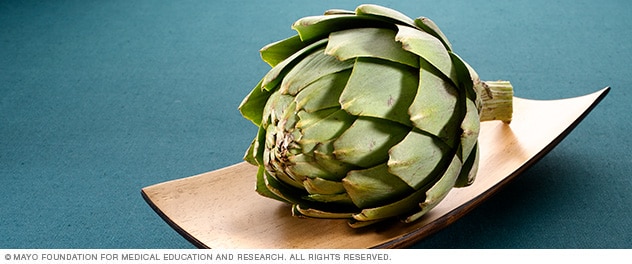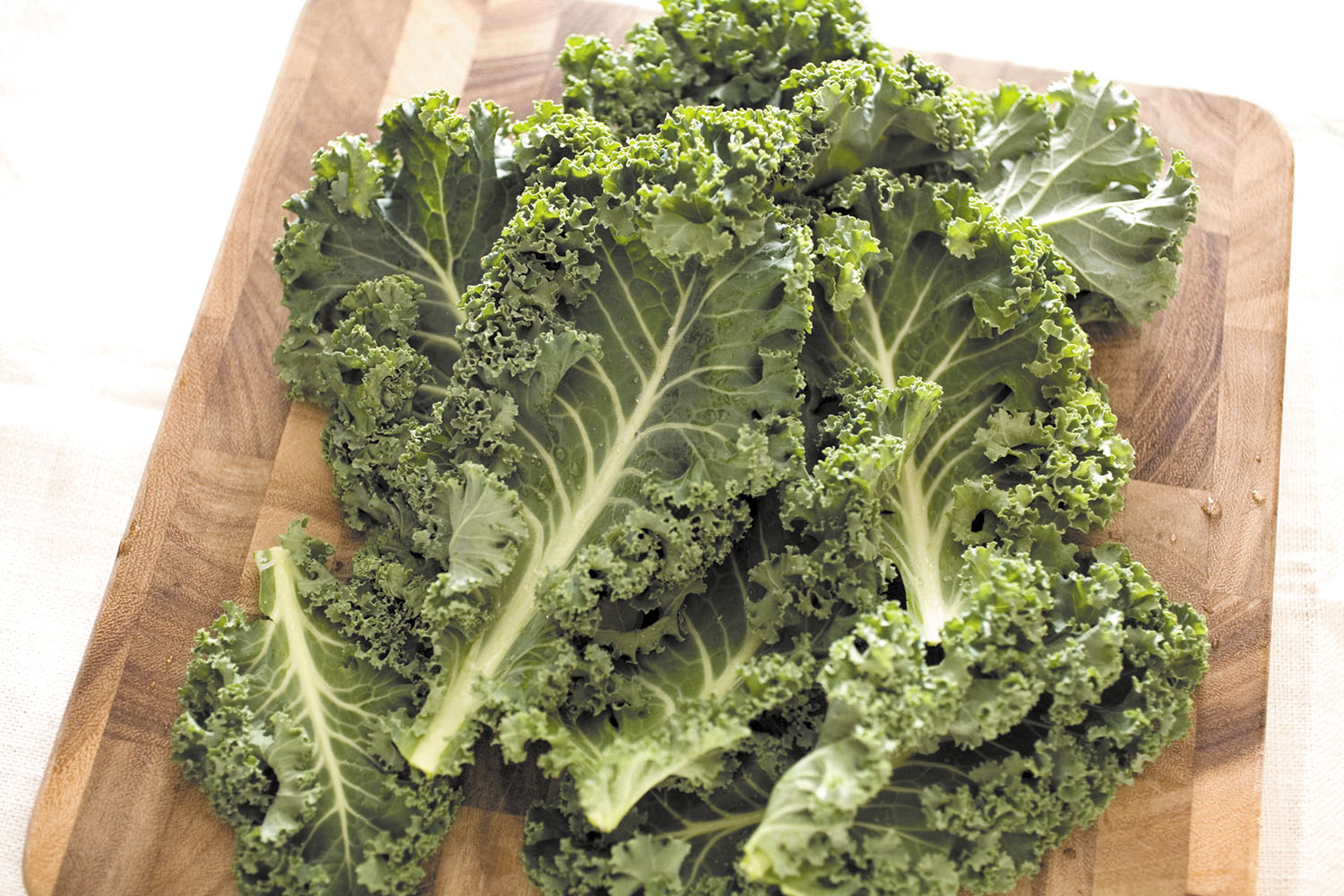The fact that is eating fruits and vegetables is good for you, coupled with other healthy habits, is hardly breaking news. But what you may not know is that opting for all or most foods derived from plants — known as a plant-based diet — over meat, eggs, and other animal products can dramatically increase your healthspan, thereby adding years to your life.
Reference Lab
MAR 18, 2021
In a study[1] published in July 2020 in JAMA Internal Medicine of more than 416,000 U.S. adults over age 50, replacing animal protein with plant protein reduced the risk of premature death by as much as 24% in men and 21% in women. Results were particularly compelling for adults with a high intake of eggs and red meat who switched to plant-based eating.
The benefits don’t end there. Research over many years has linked plant-based eating to a range of positive impacts on your healthspan. While what you eat is a personal choice — and there are many diets that can improve (or potentially worsen) your health — here are four science-backed reasons to consider adding a lot more plants to your plate:
Your heart will thank you. Diets high in plant-based foods are increasingly linked to heart health, including improved blood pressure and cholesterol profiles. A 2019 study[2] that followed more than 70,000 Japanese adults for an average of 18 years found that a higher plant protein intake was associated with a lower risk of death from cardiovascular conditions, such as heart disease.
Similarly, a recent study[3] conducted by Johns Hopkins researchers examined community health data of more than 10,000 adults from 1987 through 2016. It revealed that people who consumed the most plant-based foods had a 16% lower risk of cardiovascular disease and a 32% lower risk of dying from a cardiovascular event, for instance, a heart attack or stroke.
OneFact People who follow a plant-based diet have lower levels of C-reactive protein, which is a protein made by your liver in response to inflammation, that, in higher levels, is increasingly linked to a wide array of infections, heart disease, and autoimmune disorders, as well as a higher risk of accelerated aging and age-related diseases.[8]
Added immune system support. This is an easy one. Since plant-based foods pack plenty of antioxidants  "Antioxidants are substances that may protect your cells against free radicals, which may play a role in heart disease, cancer and other diseases." [ + ] read more mayoclinic.org , phytochemicals
"Antioxidants are substances that may protect your cells against free radicals, which may play a role in heart disease, cancer and other diseases." [ + ] read more mayoclinic.org , phytochemicals  "Phytochemicals are literally plant (phyto) chemicals: compounds in plants (fruits, vegetables, whole grains, nuts, seeds, and legumes) that contribute to their color, taste, and smell." [ + ] read more harvard.edu , and vitamins that you can’t get from other foods, it makes sense that eating more fruits and vegetables correlates with immune system benefits and a reduction in infections and certain diseases, such as cancer[4]. In a randomized controlled trial[5] of healthy adults between age 65 and 85, participants who increased their intake of fruits and vegetables to five portions per day saw a significant increase over a four-month period in nutrients vital to immune function, including vitamin C,
"Phytochemicals are literally plant (phyto) chemicals: compounds in plants (fruits, vegetables, whole grains, nuts, seeds, and legumes) that contribute to their color, taste, and smell." [ + ] read more harvard.edu , and vitamins that you can’t get from other foods, it makes sense that eating more fruits and vegetables correlates with immune system benefits and a reduction in infections and certain diseases, such as cancer[4]. In a randomized controlled trial[5] of healthy adults between age 65 and 85, participants who increased their intake of fruits and vegetables to five portions per day saw a significant increase over a four-month period in nutrients vital to immune function, including vitamin C,
phytochemicals  "Lycopene is a plant nutrient with antioxidant properties. It’s the pigment that gives red and pink fruits, such as tomatoes, watermelons and pink grapefruit, their characteristic color." [ + ] read more harvard.edu , and carotenoids "Carotenoids are pigments in plants, algae, and photosynthetic bacteria. These pigments produce the bright yellow, red, and orange colors in plants, vegetables, and fruits." [ + ] read more harvard.edu , compared with those who stuck to their same diet.
"Lycopene is a plant nutrient with antioxidant properties. It’s the pigment that gives red and pink fruits, such as tomatoes, watermelons and pink grapefruit, their characteristic color." [ + ] read more harvard.edu , and carotenoids "Carotenoids are pigments in plants, algae, and photosynthetic bacteria. These pigments produce the bright yellow, red, and orange colors in plants, vegetables, and fruits." [ + ] read more harvard.edu , compared with those who stuck to their same diet.
Healthier, more resilient skin. In the same way that a diet high in fruits and veggies provides the vitamins, antioxidants  "Antioxidants are substances that may protect your cells against free radicals, which may play a role in heart disease, cancer and other diseases." [ + ] read more harvard.edu , and other nutrients that boost your immune function, those same nutrients have been shown to improve skin aging. Many common dermatologic conditions, including accelerated skin aging, which reveals itself in the form of wrinkles, dryness, and loss of elasticity, stem from an inflammatory process. A review[6] published in May 2020 concluded that a diet rich in plants provides the skin with essential nutrients, including vitamins A, C, and E. And antioxidants found in many darker fruits and vegetables in high amounts may prevent cellular damage that contributes to skin aging.
"Antioxidants are substances that may protect your cells against free radicals, which may play a role in heart disease, cancer and other diseases." [ + ] read more harvard.edu , and other nutrients that boost your immune function, those same nutrients have been shown to improve skin aging. Many common dermatologic conditions, including accelerated skin aging, which reveals itself in the form of wrinkles, dryness, and loss of elasticity, stem from an inflammatory process. A review[6] published in May 2020 concluded that a diet rich in plants provides the skin with essential nutrients, including vitamins A, C, and E. And antioxidants found in many darker fruits and vegetables in high amounts may prevent cellular damage that contributes to skin aging.
You might shed a few pounds. If you’re trying to maintain a certain body weight, there’s good evidence to suggest that a plant-based diet can help. During a four-month trial[7],participants who switched to a diet high in fruit, vegetables, and grains saw an average 18.7% increase in their metabolic rate — meaning they burned calories more efficiently — and an average weight loss of 14 pounds.
Researchers explained that unprocessed whole plant foods have a much more significant thermic effect—the increase in metabolic rate after a meal — than fats or carbohydrates. Increasing the rate at which we convert food into energy helps us lose weight; slowing this rate makes it harder to lose weight. Plant-based diets are also packed with fiber, so they tend to fill you up without adding extra calories, thus preventing overeating.
The link between healthspan and plant-based eating is good news for many vegans and vegetarians, but if you happen to be an omnivore, you may be wondering what the research means for you. Researchers say if you’re not ready to completely give up burgers, you can gradually introduce plant-based eating. Choosing one day a week to eat foods entirely derived from plants is a great place to start. That includes eating more fruits, vegetables, whole grains, seeds, nuts, legumes, and healthy fats and milk alternatives like soy, oat, almond, or hemp.
As always, if you’re thinking about making dramatic changes to your diet, it’s a good idea to speak with your doctor or a nutritionist first. Reason being: Plant-based diets have been linked to some vitamin deficiencies, including B12, a nutrient found in animal products. If that’s a consideration for you, your doctor may recommend supplementation.
References
- [1] Association Between Plant and Animal Protein Intake and Overall and Cause-Specific Mortality, JAMA Internal Medicine, July 2020
- [2] Association of Animal and Plant Protein Intake With All-Cause and Cause-Specific Mortality in a Japanese Cohort, JAMA Internal Medicine, August 2019, Nutrients, 2011
- [3] Plant‐Based Diets Are Associated With a Lower Risk of Incident Cardiovascular Disease, Cardiovascular Disease Mortality, and All‐Cause Mortality in a General Population of Middle‐Aged Adults, Journal of the American Heart Association, August 2019
- [4] The Effects of Plant-based Diets on the Body and the Brain: A Systematic Review, Translational Psychiatry, September 2019
- [5] Effect of Fruit and Vegetable Consumption on Immune Function in Older People: A Randomized Controlled Trial, The American Journal of Clinical Nutrition, December 2012
- [6] Diet and Dermatology: The Role of a Whole-food, Plant-based Diet in Preventing and Reversing Skin Aging-A Review, The Journal of Clinical and Aesthetic Dermatology, May 2020
- [7] Effect of a Low-Fat Vegan Diet on Body Weight, Insulin Sensitivity, Postprandial Metabolism, and Intramyocellular and Hepatocellular Lipid Levels in Overweight Adults, JAMA Open Network, November 2020
- [8] The Total Antioxidant Content of More Than 3100 Foods, Beverages, Spices, Herbs and Supplements Used Worldwide, Nutrition Journal, January 2010


